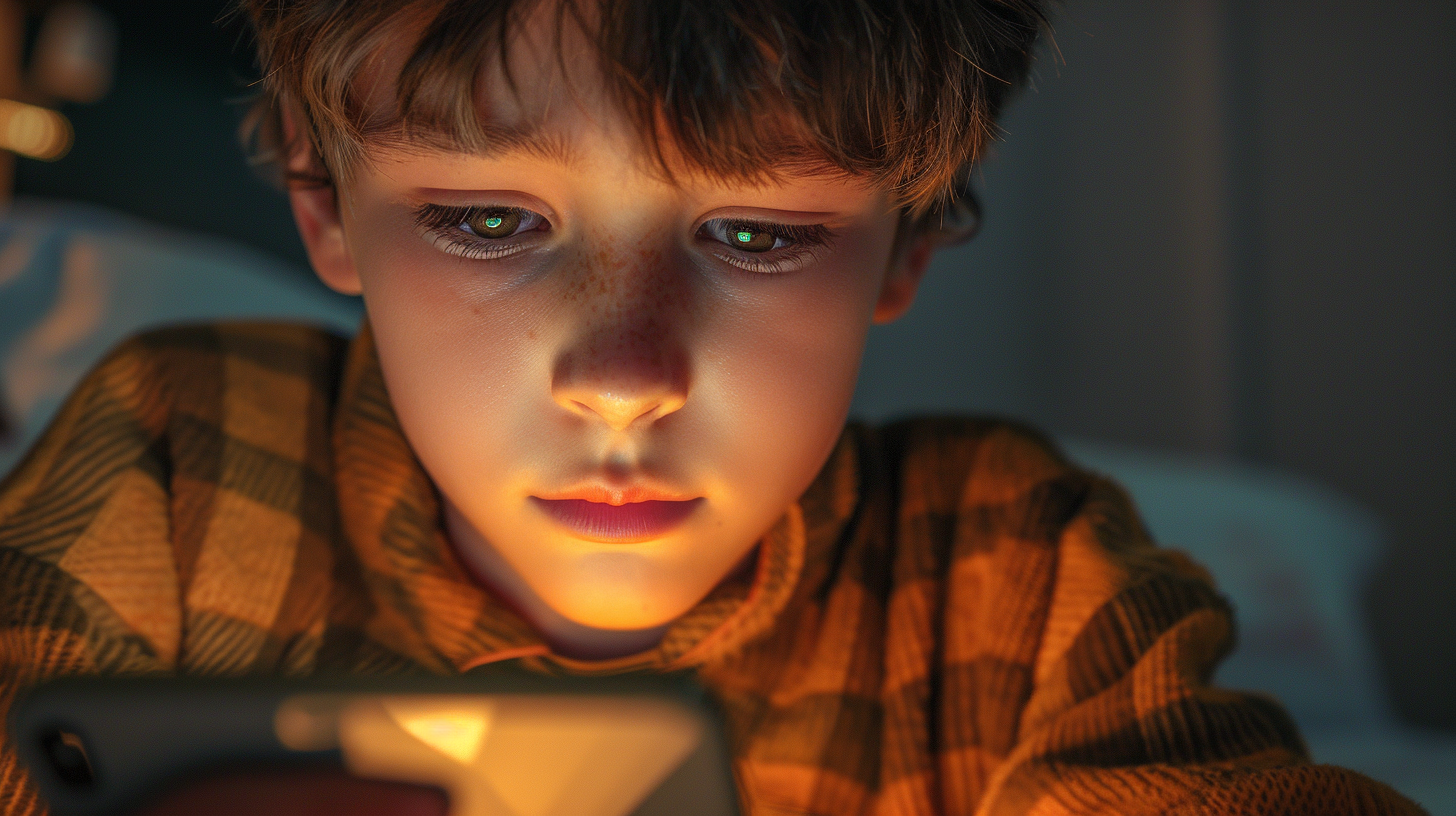A new poll suggests that most parents want smartphones to be banned amongst children. Could it happen?
Are our beloved smartphones addictive?
I think we all know that the answer is yes, but a large proportion of people are now going as far as labelling them ‘electronic drugs’ which young people are particularly vulnerable to.
With so many children growing up with these devices in their pockets – and a sharp rise in mental health struggles emerging in tandem – organisations are campaigning to raise the age at which children are legally allowed to own them.
While whispers of imposing these kinds of laws are often seen as a breach of people’s individual freedoms, a survey conducted across England has shown overwhelming support in favour of some form of restrictive legislation.
Led by the charity Parentkind, a nationwide poll revealed that 58 percent of parents wish to see a government-imposed ban on smartphone ownership for children below the age of sixteen.
Even further, 83 percent of parents said they believe smartphones are ‘harmful’ to children and young people. A similar proportion worried about the bullying, abuse, and harmful content their children could be exposed to online.
The survey, which involved 2,496 parents who had children currently in school, is now garnering attention across the country. It could see the notion of a ban being considered by officials.




















